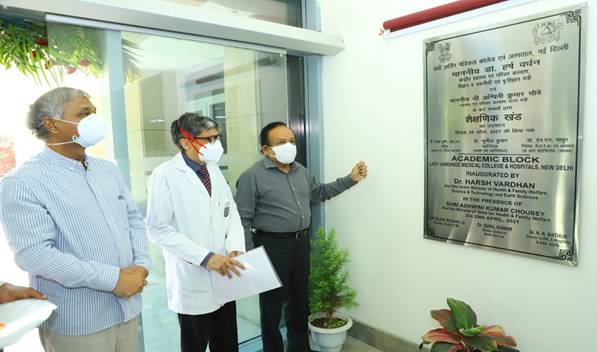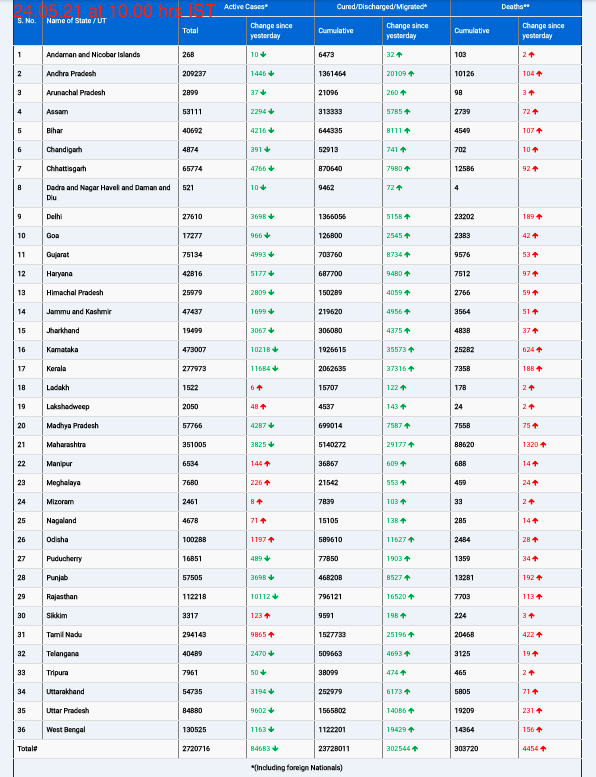University of Toronto Researchers Discover Benefits of Post-Meal Exercise for Blood Glucose Regulation
A groundbreaking study from the University of Toronto has revealed that exercising after breakfast can reduce post-meal blood sugar spikes and curb appetite in healthy women. Conducted by the Faculty of Kinesiology & Physical Education (KPE), the research highlights the impact of exercise timing on blood glucose regulation and appetite perceptions.
Published in Applied Physiology, Nutrition, and Metabolism, the study involved women who performed high-intensity interval training (HIIT) exercises after eating breakfast. The results showed that their post-meal rise in blood sugar was significantly lower compared to when they exercised before eating.
Alexa Govette, a Ph.D. candidate in KPE and co-author of the study, explained that while it’s common for blood sugar levels to increase after consuming carbohydrate-rich meals, excessive spikes in blood glucose are linked to a higher risk of developing cardiometabolic diseases such as type 2 diabetes. “Exaggerated spikes in blood glucose concentrations after eating are associated with increased risk for cardiometabolic diseases,” Govette said.
The research also examined participants’ appetite levels before and after exercise and at one-hour intervals post-exercise. Those who exercised after breakfast reported a lower appetite immediately before and after the workout, compared to those who exercised on an empty stomach.
Unlike other studies that typically use specialized equipment, this research utilized an equipment-free exercise protocol consisting of bodyweight movements such as jumping jacks, burpees, and mountain climbers. This makes the findings particularly relevant for people who prefer to exercise at home or lack access to gym equipment.
“This is the first study to explore how exercise timing around meals influences blood glucose responses to bodyweight interval exercise in women,” said Govette. “Our findings provide valuable insights into blood glucose regulation in an at-home, non-laboratory environment, which has become increasingly important during the COVID-19 pandemic.”
Given the growing popularity of home workouts, this study offers practical advice for those looking to manage blood sugar levels through exercise. The researchers hope their findings will pave the way for future investigations into how exercise-meal timing affects blood glucose regulation in women at risk of, or living with, type 2 diabetes.
Future studies will examine the long-term effects of meal timing and bodyweight interval exercise on blood glucose levels, as well as explore different exercise methods for women with cardiometabolic risk factors.
For more details, see the study titled At-home Bodyweight Interval Exercise in the Fed Versus Fasted State Lowers Postprandial Glycemia and Appetite Perceptions in Females, published in Applied Physiology, Nutrition, and Metabolism.












